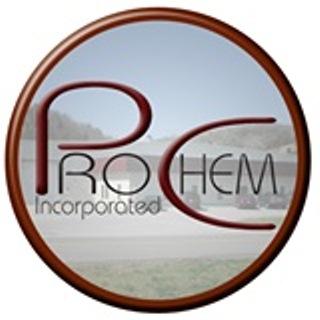Zero Liquid Discharge Vs Water Reuse - You Can Have Both

Water reuse systems and zero liquid discharge systems are not the same. They do offer similar benefits such as reducing operational costs spent on purchasing water and disposing of wastewater. But which system is better? On the surface, it might seem obvious that recycling wastewater is best because you get the most out of the water you purchase. While zero liquid discharge systems require that you continue to purchase water and then solidify it rather than discharge it. Depending on the facility, however, it may be more cost-effective to implement zero liquid discharge. So what is the answer? Both are best. You can integrate a water reuse system with a zero liquid discharge system. This combination yields ideal results.
An industrial water reuse system alone is a great way for your company to proactively address drought concerns, meet corporate social responsibility initiatives, and lower operational costs. These systems allow you to recycle your wastewater and use it again and again in a closed loop system. They still require liquid discharge sometimes. That is, once the concentrate becomes too concentrated for recirculation, it needs to be discharged. In this case, you may still need to hold a discharge permit; though, it may not be the same as it was before installing the water reuse system. With one of these systems, you do get the added benefit of saving on water purchases, lowering your water consumption, and a must lower risk of not meeting your discharge permit.
Using a Zero Liquid Discharge process, however, means that you have no wastewater to discharge at all. It is solidified or evaporated into solids instead. Depending on the pretreatment method, the solids may also be non-hazardous solid waste that can be taken to the landfill.You will not save on the costs of purchasing water because you are not reusing the water you purchase, but you will not need a discharge permit.
Now, if you combine the two systems, you will have all the benefits and none of the risk of discharge permits violations.
How it works
The water reuse system receives wastewater from the industrial process, treats it, and sends the purified water back to the process. The concentrate water is re-circulated through the treatment and reuse system until it's unusable. At that point, the concentrate is sent to the zero liquid discharge system for solidification or evaporation.
Because water reuse systems require pretreatment to protect and extend the life of the membranes, the concentrate is still usually high enough quality for non-hazardous discharge. This means that the solid waste produced from the zero liquid discharge system will also be non-hazardous and is easily disposed. For the best results, use a water treatment vendor who offers both system types and integration services. This will ensure a cohesive and comprehensive design, which leads to the best results.
Lacy M. Hatcher invites you to read more about industrial water solutions at http://www.prochemwater.com. When you work with ProChem, Inc., your water solution is tailored to your facility's needs, providing you with results, customized support, and access to everything you need to meet your unique water goals.
Article Source: http://EzineArticles.com/?expert=Lacy_M._Hatcher
Post Your Ad Here
Comments